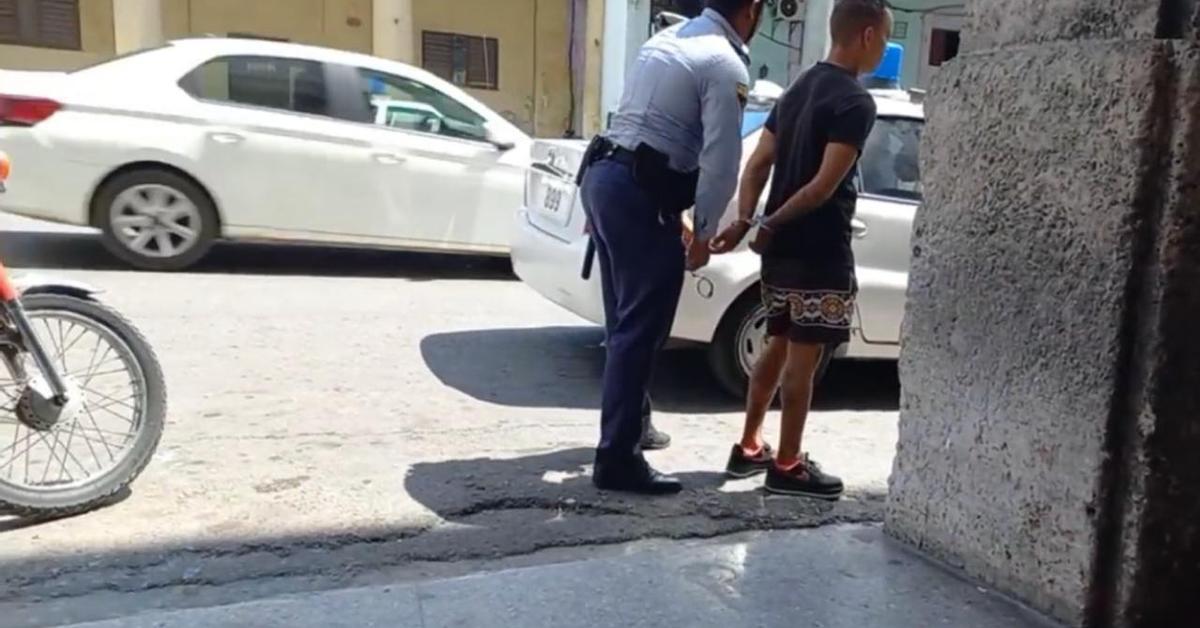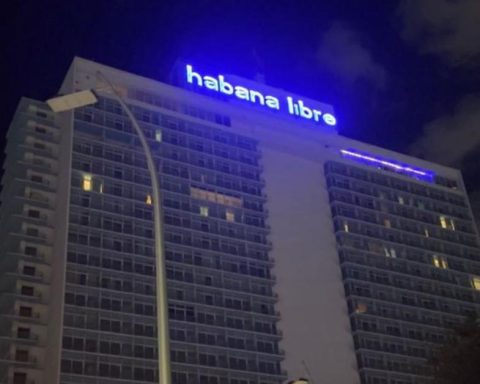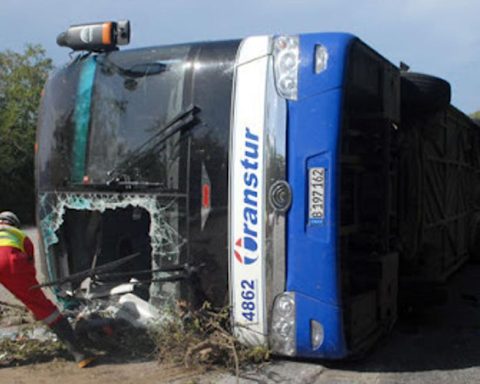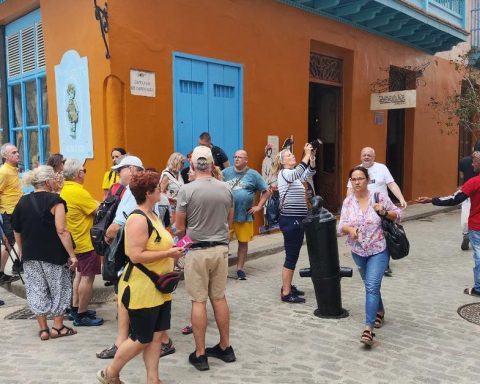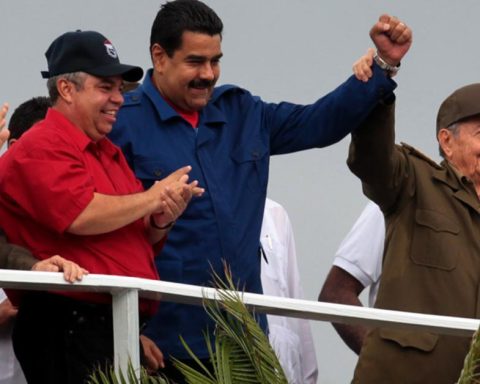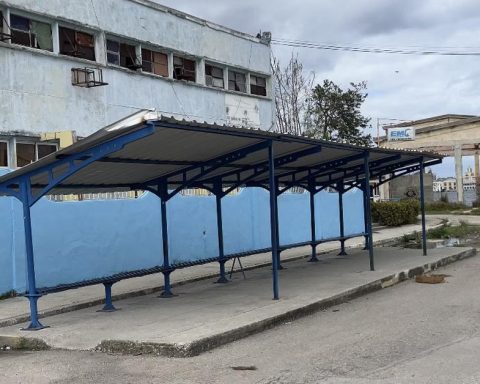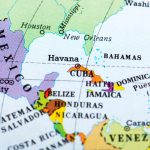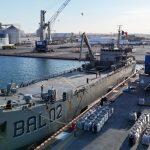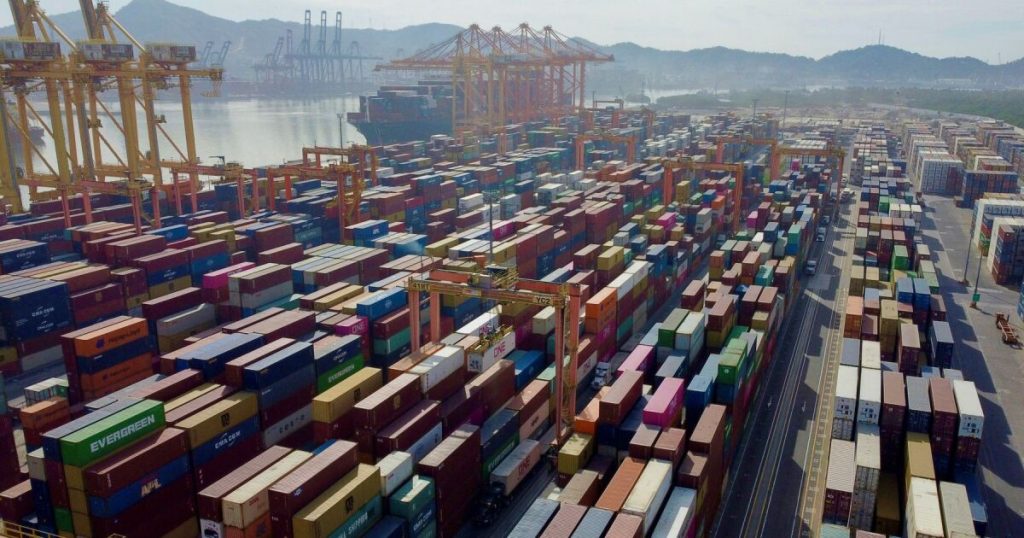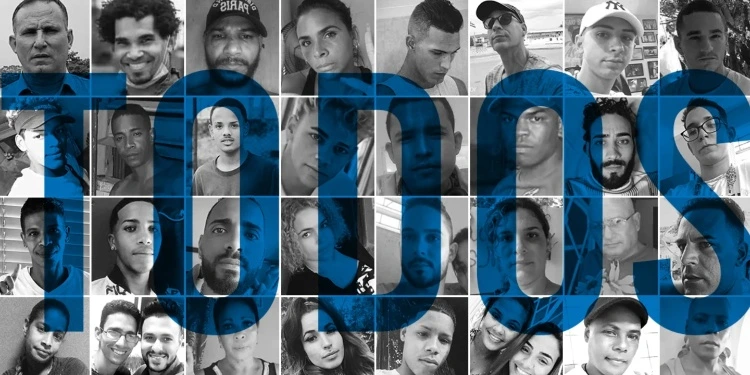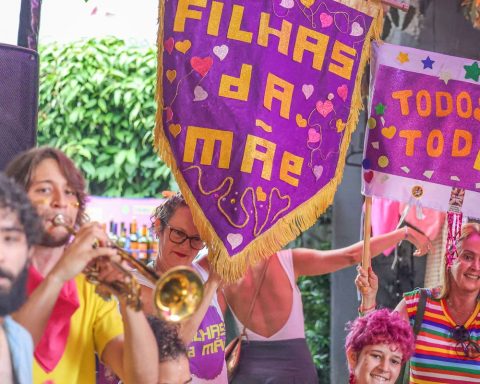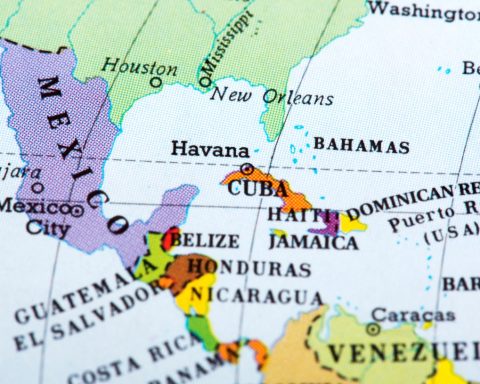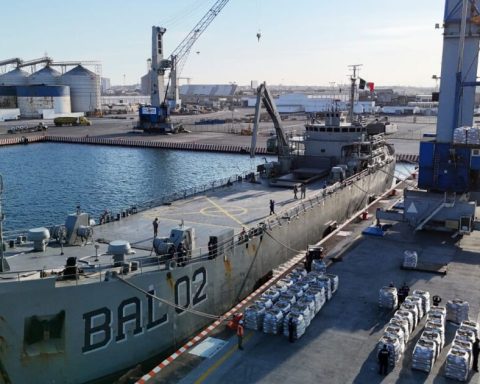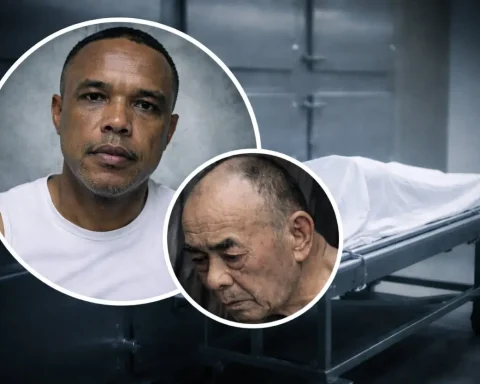Havana/The NGO Human Rights Watch (HRW) affirmed this Thursday that the Cuban Government continues to “repress and punish practically all forms of dissent and public criticism” and denounced arbitrary arrests, political persecution and even torture on the Island. This balance, which is published while The regime gradually releases 553 prisoners as part of a deal with the Vatican and the United States, is included in the new HRW Global Report, which highlights the “serious economic crisis” suffered by the country.
In statements to EFE for the publication of the report, the deputy director of HRW for the Americas, Juan Pappier, assured that 2024 was “a calamitous year” for human rights in Cuba.
“In addition to the systematic repression of human rights by the regime, there are increasingly power outages and food shortages, which impact the economic rights of the population. While the population lives in increasingly poor conditions and who dare to demand change end up in prison. Many Cubans sadly believe that the only decent future is exile,” he stated.
Cuban authorities “have arbitrarily detained, harassed and intimidated critics, independent activists, political opponents and others”
The HRW document points out that Cuban authorities “have arbitrarily detained, harassed and intimidated critics, independent activists, political opponents and others” in 2024 and that some of them suffered solitary confinement, “mistreatment” and even “torture.” HRW speaks of “hundreds” of prisoners for political reasons in the country, among which the most high-profile cases of the musician and activist Maykel Castillo, the artist Manuel Otero Alcántara and the opposition member José Daniel Ferrer stood out.
The organization also denounces that people who criticize the Government on social networks or protest peacefully are classified as criminals, actions that in its opinion “are legal exercises of the freedoms of expression and association.” “Critics of the Government risk a criminal investigation and are not guaranteed due process,” warns the report, which highlights that on the island “the courts are in practice subordinated to the executive branch.”
It also points out that prisons are often overcrowded and do not have mechanisms to confront abuses. The Government, he regrets, continues not to allow human rights groups to have access to penitentiary centers.
The NGO also points out that the Government “controls practically all the (communication) media in Cuba, restricts access to foreign information and periodically censors critical and independent journalists.” This report specifically cites the case of a young woman sentenced in 2024 to 15 years in prison for broadcasting images of a protest on social networks.
HRW highlights that the crisis “has severely impacted the enjoyment of economic, social and cultural rights” and reported blackouts of up to 20 hours a day in some regions of the country and “acute shortages” of food, medicine and other basics throughout the island. .
He also points out that in 2024 it emerged that the Cuban Government requested assistance for the first time from the leadership of the United Nations World Food Program (WFP), in reference to an exclusive published by EFE last February.
The report recognizes the effect of US sanctions – especially the inclusion of Cuba on the list of countries sponsoring terrorism – in the crisis that is weighing down the island, but considered that Havana uses it as a “pretext” to justify “abuses” and gather support.
The organization warned of “brutal repression” in Venezuela after the presidential elections last July
On the other hand, the organization warned of “brutal repression” in Venezuela after the presidential elections last July, when a crisis broke out marked by protests against the questioned re-election of Nicolás Maduro, responded to with “repressive tactics,” according to its report.
“After the results were announced, thousands of demonstrators took to the streets in largely peaceful protests to demand a fair recount of the votes. People, even in low-income areas that traditionally support Chavismo (…), protested in “Authorities responded with widespread violence and abuse, including killings, arbitrary arrests and prosecutions, and harassment of critics,” he said.
HRW claimed to have received “credible reports of 23 murders of protesters and bystanders” and identified “evidence linking security forces and pro-government armed groups, known as ‘colectivos’, to several of these murders,” something the Prosecutor’s Office denies. .
